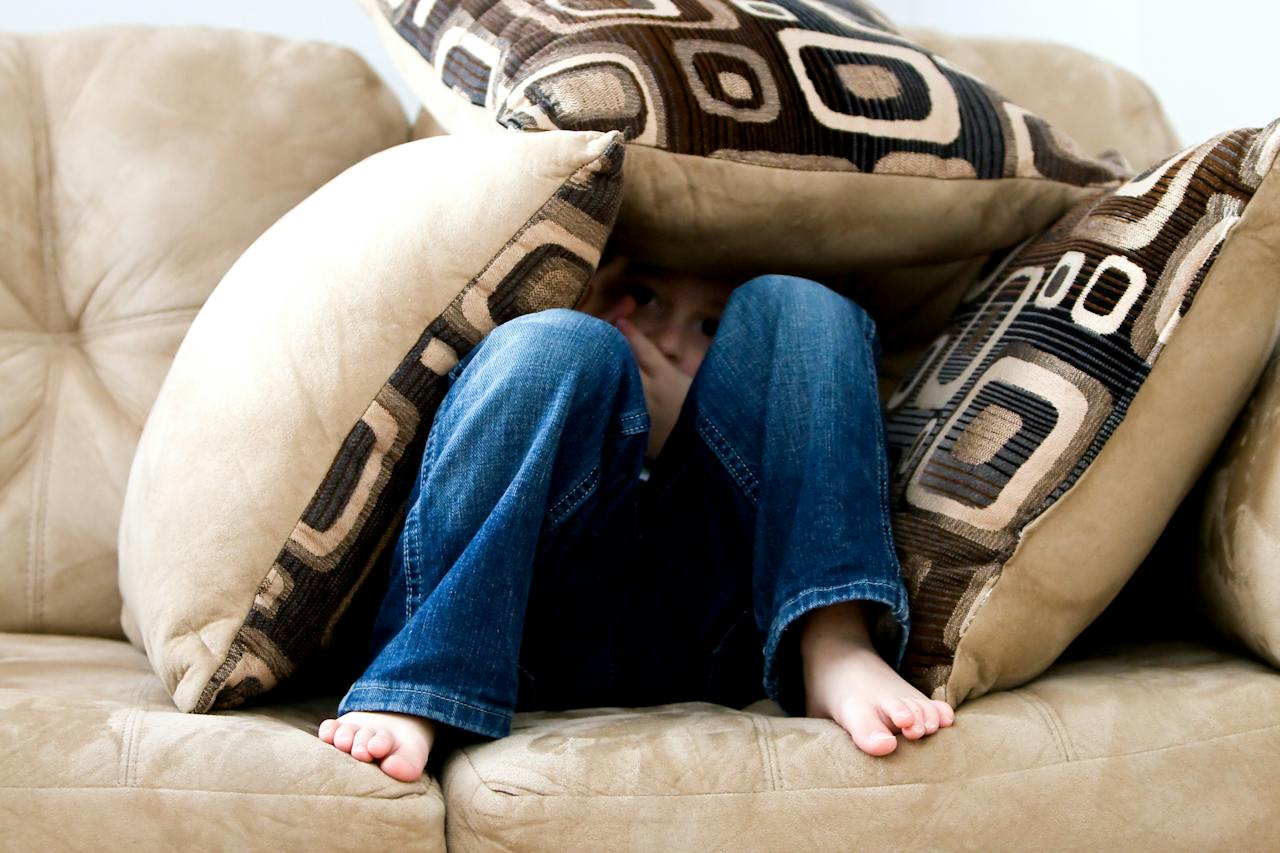Premarital Counseling: Practical Support Before Getting Married
Our culture has undergone massive shifts in how we conduct our relationships and the mindset that informs our plays at love. Though many are choosing to cohabit or have other non-traditional couplings, others are still taking steps to celebrate their relationship through marriage. Getting married is an exciting journey that only begins when you say your vows and hopefully lasts a lifetime, making premarital counseling an important step. One of the ways you can strengthen your marriage by gaining tools to prepare you for marital bliss is through premarital counseling. The last thing on your mind during cake tastings or looking through color swatches and table settings is probably wondering who will take the trash out once you’re married. Premarital counseling may seem like it goes against the flow of the wedding rush, but it’s exactly what you need to set yourselves up for life. How Premarital Counseling Works Premarital counseling is a form of talk therapy for couples who have decided to get married. The couple speaks to a couples counselor who helps them to think about different aspects of what married life is like. The couple can meet with their counselor, or they can participate in group counseling with other couples on a similar journey toward marriage. The counseling sessions are typically held in person, but an online option is often available. Premarital counseling can be conducted from a Christian standpoint, highlighting, for instance, how Christian marriage works, questions about divorce and infidelity, as well as how the couple can nurture their faith, serve and support each other. Where premarital counseling is informed by Christian faith, that doesn’t mean that only Christians can benefit from it. Serving one another is a key aspect of any marriage, Christian or not. Premarital counseling sessions will typically be about [...]









